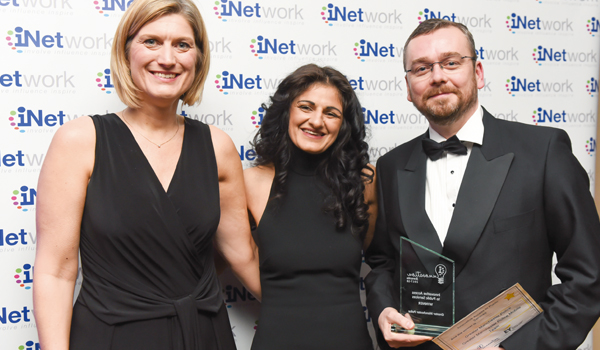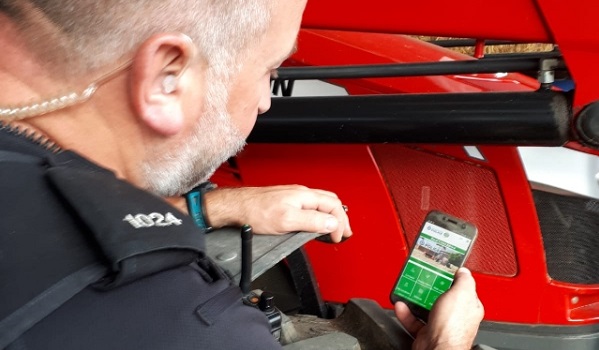New technology speeds up road collision investigations
The Highways Agency has invested £2.5 million in new technology that will help police get traffic on roads moving faster after an accident.

The Highways Agency has invested £2.5 million in new technology that will help police get traffic on roads moving faster after an accident.
GPS technology from Topcon is being issued to Englands 38 forces which will allow officers to make a virtual map of a collision scene, enabling the road to be re-opened more quickly following a serious incident.
Sergeant Jon Skelton of Cumbria Constabulary, which investigates around 200 fatal and serious road collisions a year, as well as being involved in serious crime scenes and industrial accidents, said the equipment reduces the time it takes to survey the scene by up to 30 per cent.
The Highways Agency has a network of motorways and major A roads that stretches to some 4,500 miles.
The GPS technology was provided to 11 police forces in April 2007 and is now being rolled out to a further 25 forces (two forces had already bought the equipment themselves). By the end of the month, the Highways Agency will ensure that training has been provided, where needed, to those police forces that have received the new equipment.
Sgt Skelton said that Topcons positioning technology, such as the Imaging Station and the GR-3 reciever, enables them to carry out their work in a more efficient manner.
The role of Sgt Skelton and his collision investigation unit is to collect evidence at collision scenes which later assist sin reconstructing how the collision occurred. These reconstructions can then be used in any subsequent legal proceedings. He said: After a serious collision the road is closed so that we are able to locate all the debris and identify any tyre marks and other items of evidence. We are also interested in the state of the road and whether the weather conditions may have been contributory. A serious road collision is now treated as a crime scene. The area is photographed, videoed and a detailed survey is carried out using the Topcon equipment.
This time saving is very important as we aim to keep roads closed for as short a time as possible whilst we carry out our investigations. Road closures have a financial impact on the economy of the country and using the Topcon equipment lessens that impact.
Ian Stilgoe, Topcons product marketing and support manager for survey products, said: The Topcon Imaging Station offers advanced imaging and high-accuracy surveying techniques, combined in a single instrument. It can produce photography with a dimension, a revolutionary and cost-effective alternative to laser scanning.
The new Topcon GR-3 GPS receiver represents the next generation in GPS+ receiver technology. It is capable of receiving signals from all present and future satellite constellations GPS, GLONASS and GALILEO ensuring that forces will be able to get a clear position at all times.



